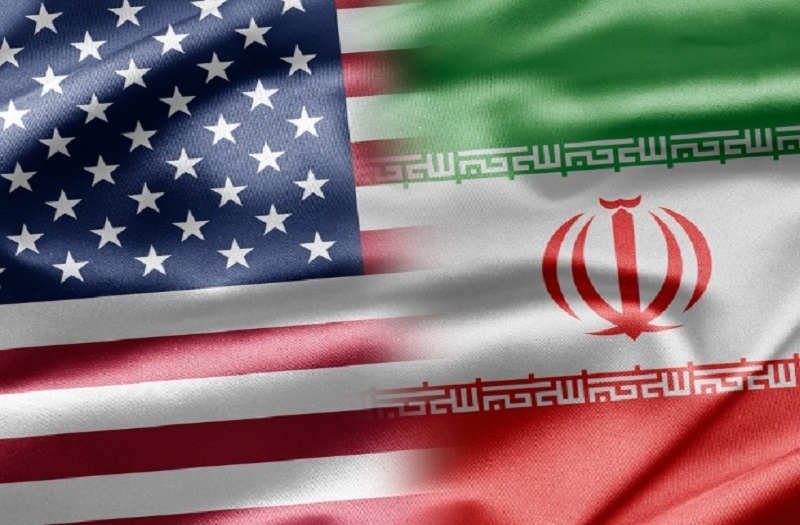HOPE EMERGES
| Date :10-Jan-2020 |

CERTAIN hope, no matter how much tentative, is emerging on the horizon that the current hostilities between the United States of America and Iran could come to an end in some time, thanks to a probable realisation on the part of both the sides that the confrontation may not lead to anything tangible and that both the parties may be heading to a no-win situation. True, certain domestic political goals may get served for the leaders of both the countries. Having achieved those, as the observers are beginning to anticipate, the two sides may seek some mediation so that a ceasefire could be achieved despite continued tensions. The statement of Mr. Ali Chegeni, Iran’s Ambassador to India, that his country would welcome any peace initiative by India, has a deep message with multiple dimensions.
This Iranian desire that India may be a mediator the Americans, too, may not reject, highlights well the importance India has earned for itself in the global diplomacy in the past five years. It is from this Iranian suggestion that certain hope has raised its head in an otherwise disappointing scenario triggered by haughty ambitions of the world’s biggest superpower and a regional player with global reach due to its grip on a few critical factors of international economics. If India can play the mediator’s role and stave off immediate trouble, much good work could be done for the international community. If India took the step, which it appears to be in a condition to do, there will be other nations to chip in and help in sorting things out, like Germany.
If Prime Minister Mr. Narendra Modi has the stature necessary to play a lead role in mediation, German Chancellor Mrs. Angela Merkel, too, is a stateswoman with appropriate gravitas to force both, the US and Iran, to come to the negotiating table. For, it was Germany that was among the first nations to caution the US against any hasty action and avoid long-term ramifications. Right when the atmosphere was heating up, Russia, too, had advised caution. In case of the need of an expanded range of mediation, Russian President Mr. Vladimir Putin, too, can become an ally in the effort. No matter the accurate US drone strike that eliminated the Iranian General Soleimani and no matter the Iranian missile attack on two American bases in Iraq, it is obvious that both the sides do not seem to envisage an escalation of the hostilities in a full scale war, at least at this stage.
If a weighty mediation steps in, both the sides may be ready to accept to sit down together for some talks. The most critical factor, however, is the scrapping of the Nuclear Deal by Iran -- that actually frees it from the cumbersome restrictions of the pact. No matter what Washington may have to say about this development, it is obvious that the bigger responsibility of the bombing of the N-Deal lies with the US President Mr. Donald Trump refusing to envision his own peril in one of the ugliest episodes in diplomacy. No matter the explanations and reasonings of both, the US and Iran, the world is yet to understand the actual reason of the current flair up.
For, whatever the arguments, most other nations see the conflagration as an unnecessary outburst and brazen display of power that is not likely to take them to any logical culmination. In fact, what has happened in the past three years -- since the time President Mr. Barack Obama reached the last phase of his eight-year regime -- is nothing but an example of how obstinacy can flounder diplomacy in a senseless manner. However, the fact that both the sides appear willing to take a step back. is a good sign that needs to be exploited through a peace initiative -- by India or any other nation.